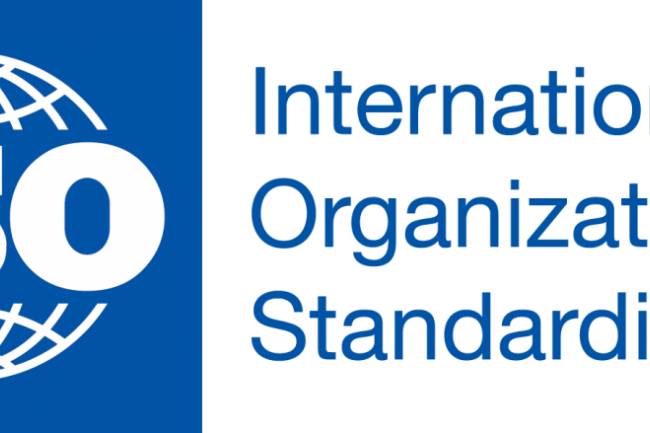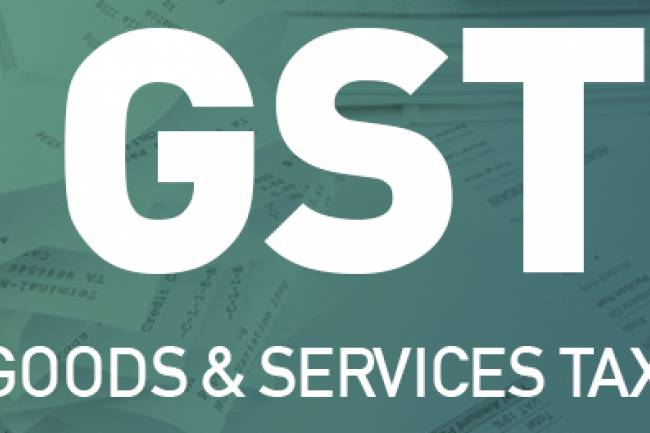
4 Critical Impacts of Latest RBI Notification on P2P Lending Industry
P2P Lending is another idea paying off debtors financing. It empowers a man to take an advance or put cash in loaning, with no associations at all with a money related organization, for example, a bank.
Retreat in 2008 saw fame of the P2P loaning organizations, both for getting and loaning. As banks rejected expanded credit portfolios, independent companies were watchful for assets, elsewhere.
P2P loaning developed as another route for the average folks and the private ventures, to get themselves a credit moneylender offering a higher rate of profit for speculations.
Be that as it may, individuals are reluctant to utilize the stage, with the nonattendance of a directed situation. RBI has as of late issued a warning to this impact in October 2017. All the NBFC-P2P Companies will consent to these headings from RBI.
In this article, we will feature a portion of the effects that the RBI notice will have in the P2P loaning space:
Impact# 1: Framework on Registration
The P2P loaning organizations were so far perceived by the Companies Act. RBI issued headings on a structure on enlistment and operations of NBFC-P2P organizations in India. RBI stipulates that the general character of the administration of the organization won't be biased of open intrigue.
For this, RBI talks about a Certificate of Registration (CoR) from RBI, that will be important to do the matter of these NBFC-P2P organizations, which will serve open intrigue. Enlistment must be conceded by RBI to those NBFC-P2P organizations, who have a net claimed reserve of 20 million or some other higher sum, as determined by the bank.
Impact# 2: Prudential Requirements
The P2P stage must not grow unpredictably. To keep a control on this, RBI has endorsed a use proportion not surpassing 2. Besides, loaning hones are generally turn by every one of those clueless moneylenders, who look for higher returns as it were.
As such, RBI has forced a top on the top level input that the bank can make towards an advance. A solitary loan specialist to a similar borrower must not be presented to a sum more than Rs 50,000 as expressed by RBI. There is a top of Rs 10,00,000, as the total introduction of a moneylender to a few borrowers, over all P2P organizations and at a similar point in time.
Impact# 3: Higher Quality of Credit
At introduce, the P2P loaning organizations don't have the assets that are accessible to the banks. In this way, the onus of credit-value of the borrowers laid on them. It was difficult for the P2P loaning organizations to find out the nature of credit.
The explanation for this is the credit departments don't approach every one of the borrowers, over the length and broadness of the nation. The outcome was higher misconducts and extortion. In this way, when RBI goes about as the supervisory body, they will have more points of interest on dispensed advances and the records that shamed them. This will raise the nature of credit.
Impact# 4: Legal Accountability
The loaning organizations so far were withholding data on their borrowers- – the people and the organizations. The P2P loaning stages will now onwards submit gives an account of their monetary positions, all the time to the bank.
Besides, there will be quarterly reports on credits and also grievances, which were extraordinary or those which got arranged, amid a quarterly period.
In outrageous circumstance, when the organization neglects to be persistent to present the above reports, RBI may force punishments or even take away the business permit.
We finish up, by saying that the administrative administration of RBI will positively affect the believability to the P2P segment.
Visit HireCA.com Now



















